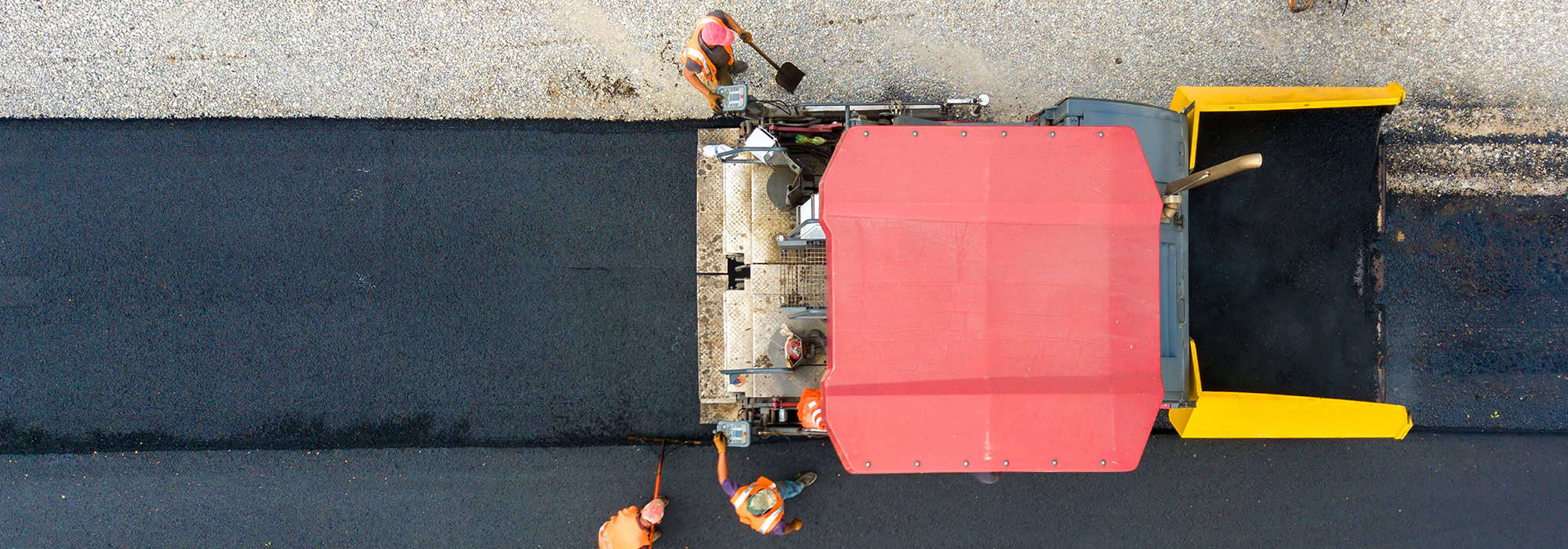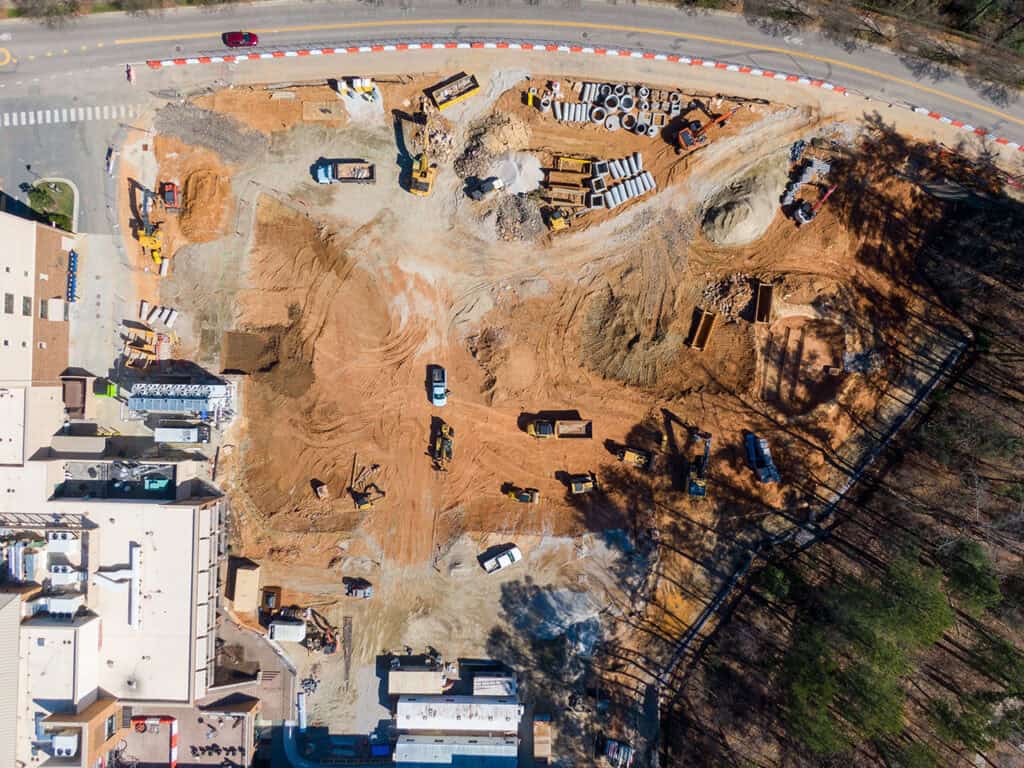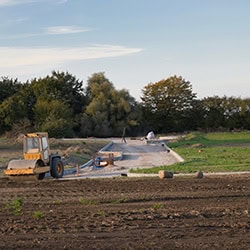Fayetteville Eminent Domain Lawyer | Land Condemnation Attorneys in Fayetteville, NC
Reliable Eminent Domain Attorneys Protecting Property Rights Across North Carolina
Eminent domain cases involving valuable commercial properties in Fayetteville can be complex and challenging. With the government's legal and expert team, you need a dedicated advocate. At Henson Fuerst, our attorneys are experienced in defending commercial property owners against various entities. If you face land condemnation, contact us at 919-781-1107 or complete our free case assessment form online.

David Henson
Attorney
Anne Duvoisin
Of-Counsel
Chris Beacham
Attorney
Our Eminent Domain Legal Practice
Our eminent domain division at Henson Fuerst focuses exclusively on handling commercial property condemnation cases. We carefully select the cases we take on to ensure each receives the necessary attention and resources. By understanding the intricacies of each case, we strive to achieve the best possible outcome for our clients. Our collaborative approach and proven success in challenging government entities highlight our commitment to excellent representation. If you need help with a land condemnation issue, contact our team to find out how we can assist you.
Clients Our Condemnation Lawyers Represent in Fayetteville, North Carolina
Our attorneys represent a diverse range of commercial property owners, including:
- Convenience Stores
- Shopping and Strip Centers
- Retail and Office Investments
- National and Local Restaurants
- Industrial and Manufacturing Facilities
- Automobile Dealerships
- Commercial Property Developers
- Manufactured Home Communities
- Real Estate Developers
- Residential Developers
- Multi-family Apartments
- Mixed-use Properties
- Billboard Owners and Companies
- Cell Tower Providers and Lessors
- Churches
- Farms
- Hotels
About Our Law Firm’s Fee Structure
Most eminent domain cases we handle operate on a contingency fee basis. This means that our payment is contingent on securing compensation that exceeds the initial offer from the government. We only receive payment if we recover additional funds on your behalf. Typically, our fee amounts to one-third of the surplus achieved in the case resolution. For instance, if the Department of Transportation offers $150,000 for your property, and we negotiate a settlement of $300,000, our fee would be one-third of the additional $150,000, which amounts to $50,000.
However, depending on the specifics of a case, other fee structures might be more appropriate. We may charge an hourly rate in certain instances, and our North Carolina condemnation lawyers will help determine the most suitable approach for your case.
Exceptions to the Fee Structure
In inverse condemnation cases, where we pursue litigation against the government for seizing land without proper compensation, attorney fees are usually calculated as a percentage of the total recovery obtained. Property owners may also be eligible to recover attorney fees from the defendant. Additionally, in land-taking cases, eminent domain lawyers and paralegals may work on a flat hourly fee basis for specific aspects of the case.
Case-Related Expenses
North Carolina requires eminent domain lawyers to separate case-related expenses from their fees to avoid potential conflicts of interest. Therefore, we meticulously track all expenses related to your case, such as appraisals, expert witnesses, court filing fees, and other out-of-pocket costs. Internal expenses like mileage, phone calls, postage, transcription, or photocopies are included in our fee structure and are not charged separately.

The Eminent Domain Process
The eminent domain process generally includes two key phases:
1
The Taking of the Property
This phase involves the government or condemning authority notifying affected parties about the property acquisition. The authority must justify the acquisition as serving a public purpose, such as infrastructure development or public utilities.


2
Providing the Property Owner with Just Compensation
This phase focuses on determining fair compensation for the property owner. Compensation is calculated based on various factors, including the property's market value, damages to the remaining property, and potential loss of income.

How “Just Compensation” is Determined
In eminent domain cases, just compensation is typically determined using one of three methods:
- Market or Comparable Sales Approach: This method involves comparing the property to similar recently sold properties, considering factors such as size, location, and zoning.
- Cost Approach: This approach evaluates the costs to reproduce or replace the property's improvements, considering depreciation and land value.
- Income Capitalization Approach: Assesses the property’s potential income generation to determine its value.
Each method considers the property's highest and best use to determine fair compensation.
Stay Up-To-Date with the Eminent Domain Lawyers at Henson Fuerst
Our North Carolina condemnation attorneys strive to keep our community educated and informed about the latest trends and events regarding land condemnation and eminent domain. Browse our most recent blog posts here:



